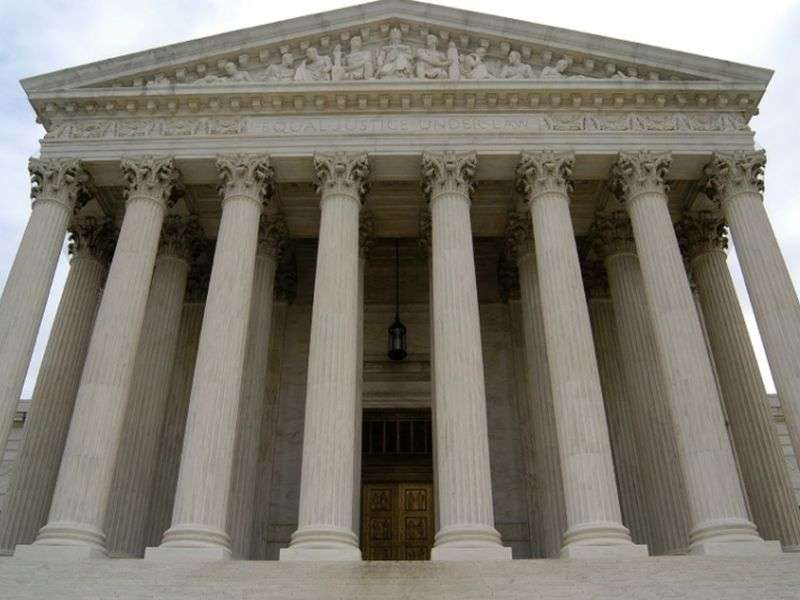Case before supreme court may expose doctors to large fines

(HealthDay)—A case before a state supreme court could potentially expose physicians to large fines based on a legal technicality relating to what they should have known, rather than what they knew, according to the American Medical Association (AMA).
The Allstate Insurance Co. v. Northfield Medical Center case, which is currently before the state supreme court, is related to whether liability under the New Jersey Insurance Fraud Prevention Act (IFPA) can be based on what the medical group or practice should have known. The IFPA is designed to protect against fraud in a similar way to the Stark Law and False Claims Act, which may impose large penalties on physicians for referring patients to health care facilities with which they have a financial relationship.
The Northfield Medical Center thought that it was in compliance with state regulations regarding the corporate practice of medicine. However, due to constant changing of regulations, they were not in compliance.
"There is no argument to support deliberate fraud," a brief from the the Litigation Center of the AMA. "But there is a [difference] between deliberate fraud and mistake. An appropriate standard and definition of 'knowing' prevents that [difference] from becoming a slippery slope that punishes health care practitioners who reasonably believe that they are in conformance with their professional ethical obligations and with state law."
More information: More Information
Copyright © 2016 HealthDay. All rights reserved.


















